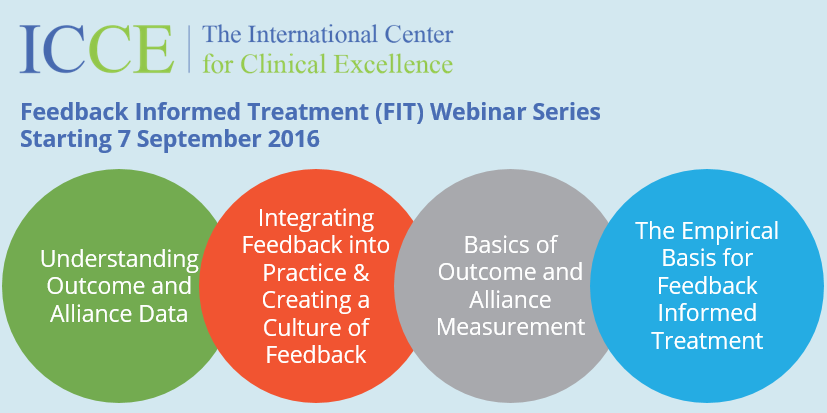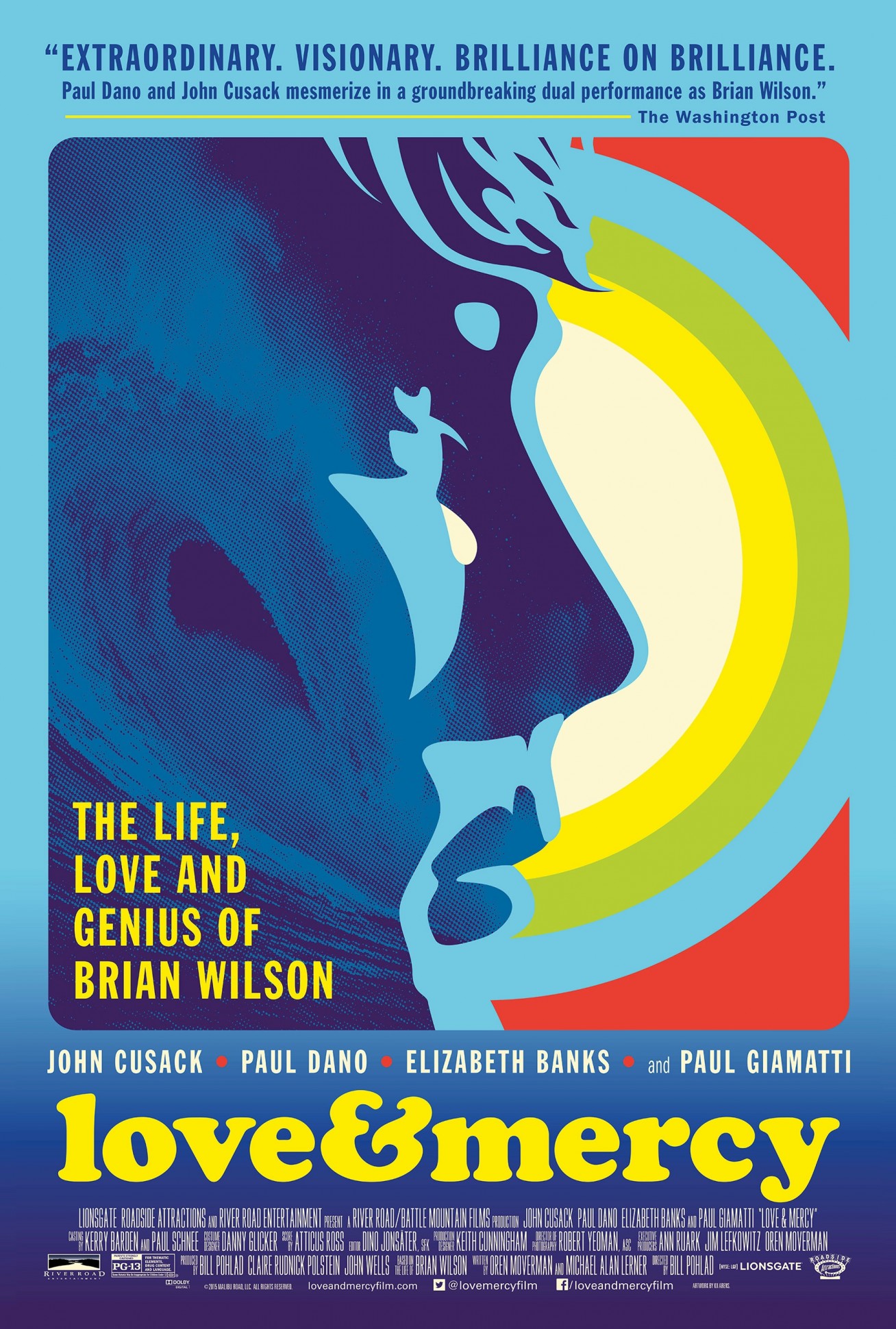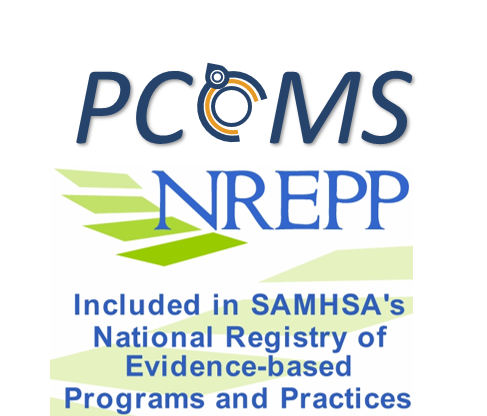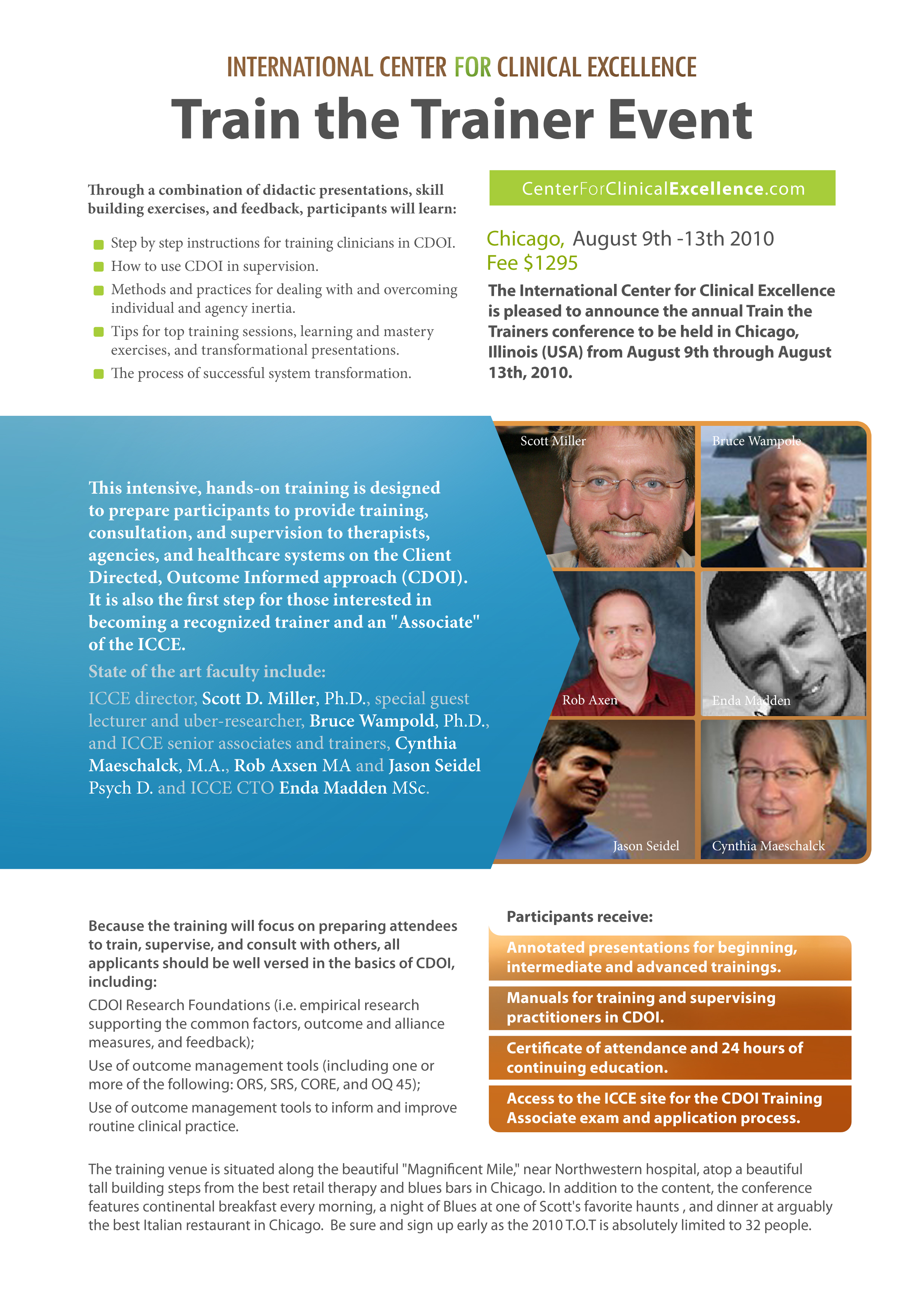 Findings from several recent studies are sobering. Depression is now the leading cause of ill-health and disability worldwide–more than cancer, heart disease, respiratory problems, and accidents. Yesterday, researchers reported that serious psychological distress is at an all-time high, significantly affecting not only quality but actual life expectancy. And who has not heard about the opioid crisis–33,000 deaths in the U.S. in 2015 and rising?
Findings from several recent studies are sobering. Depression is now the leading cause of ill-health and disability worldwide–more than cancer, heart disease, respiratory problems, and accidents. Yesterday, researchers reported that serious psychological distress is at an all-time high, significantly affecting not only quality but actual life expectancy. And who has not heard about the opioid crisis–33,000 deaths in the U.S. in 2015 and rising?
The research is clear: psychotherapy helps. Indeed, its effectiveness is on par with coronary artery bypass surgery. Despite such results, availability of mental health services in the U.S. and other Westernized nations has seriously eroded over the last decade. Additionally, modern clinical practice is beset by regulation and paperwork, much of which gets in the way of treatment’s most important healing ingredient: the relationship.
What can practitioners do?
Completing paperwork together with clients during the visit–a process termed, “collaborative (or concurrent) documentation”–has been shown to save full-time practitioners between 6 and 8 hours per week, thereby improving capacity up to 20%.
It’s a great idea: completing assessments, treatment plans, and progress notes together with clients during rather than after the session. Unfortunately, it’s chief selling point to date seems to be that it saves time on documentation–as though filling out paperwork is an end in and of itself! Clearly, the real challenges facing mental health services are getting people into and keeping them in care. Here, the research literature is clear, people are more likely to stay engaged in care that is: (1) organized around their goals; and (2) works. Collaborating on and coming to a consensus regarding the goals for treatment, for example, has the largest impact on outcome among all of the relationship factors in psychotherapy, including empathy! Additionally, when documentation FITs the clients’ view of the process and is deemed transparent and respectful, trust–another essential ingredient of the therapeutic relationship–improves.
For the last several years, practitioners and agencies around the world have been using the ICCE “Service Delivery Agreement” and “Progress Note” as part of their documentation of clinical services. Both were specifically designed to be completed collaboratively with clients at the time the service is provided and both are focused on documenting what matters to people in treatment. Most important of all, however, both are part of an evidence-based process documented to improve engagement and effectiveness listed on SAMHSA’s National Registry of Evidence-based Programs and Practices.
For the next short while, I’ll send you the forms for free, along with a detailed instruction booklet for incorporating them into your clinical work. Reduce the “paper curtain” in your practice. Just email me at scottdmiller@talkingcure.com. Better yet, register for our upcoming intensive trainings this summer in Chicago. Click on any of the course icons to the right for detailed information.
Until next time,
Scott
Scott D. Miller, Ph.D.
Director, International Center for Clinical Excellence











 between psychologist Eugene Landy and his famous client, Beach Boy Brian Wilson. In a word, it was disturbing. The psychologist did “24-hour-a-day” therapy, as he termed it, living full time with the singer-songwriter, keeping Wilson isolated from family and friends, and on a steady dose of psychotropic drugs while simultaneously taking ownership of Wilson’s songs, and charging $430,000 in fees annually. Eventually, the State of California intervened, forcing the psychologist to surrender his license to practice. As egregious as the behavior of this practitioner was, the problem of deterioration in psychotherapy goes beyond the field’s “bad apples.”
between psychologist Eugene Landy and his famous client, Beach Boy Brian Wilson. In a word, it was disturbing. The psychologist did “24-hour-a-day” therapy, as he termed it, living full time with the singer-songwriter, keeping Wilson isolated from family and friends, and on a steady dose of psychotropic drugs while simultaneously taking ownership of Wilson’s songs, and charging $430,000 in fees annually. Eventually, the State of California intervened, forcing the psychologist to surrender his license to practice. As egregious as the behavior of this practitioner was, the problem of deterioration in psychotherapy goes beyond the field’s “bad apples.”
 Norwegian psychologist Jørgen A. Flor just completed a study on the subject. We’ve been corresponding for a number of year as he worked on the project. Given the limited information available, I was interested.
Norwegian psychologist Jørgen A. Flor just completed a study on the subject. We’ve been corresponding for a number of year as he worked on the project. Given the limited information available, I was interested.



.jpg)
.png)
.jpg)

.jpg)



.jpg)
.jpg)


